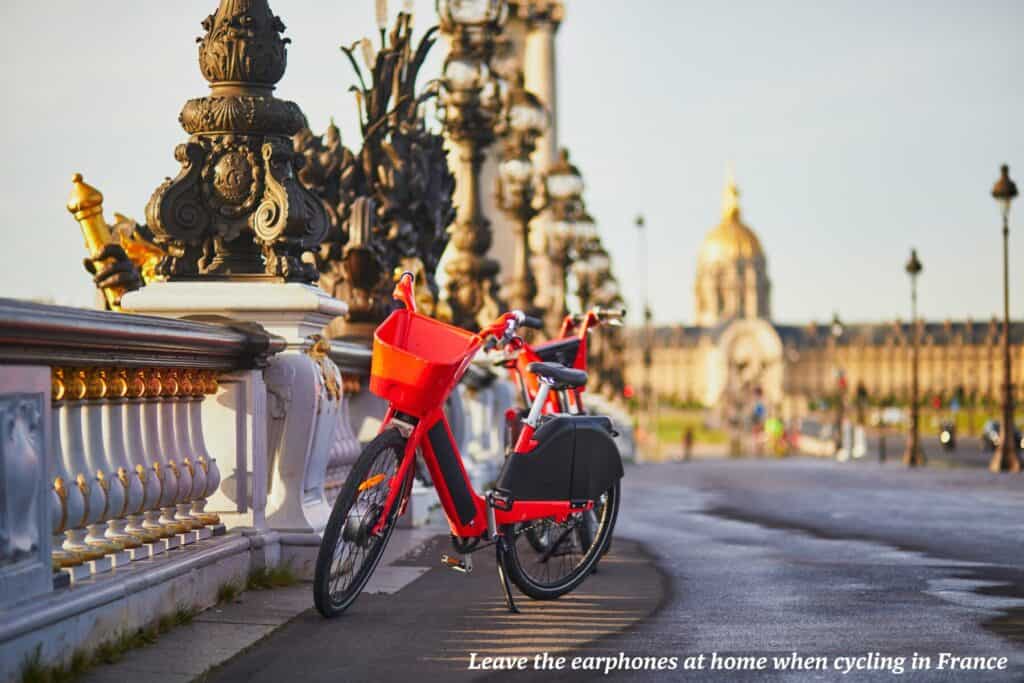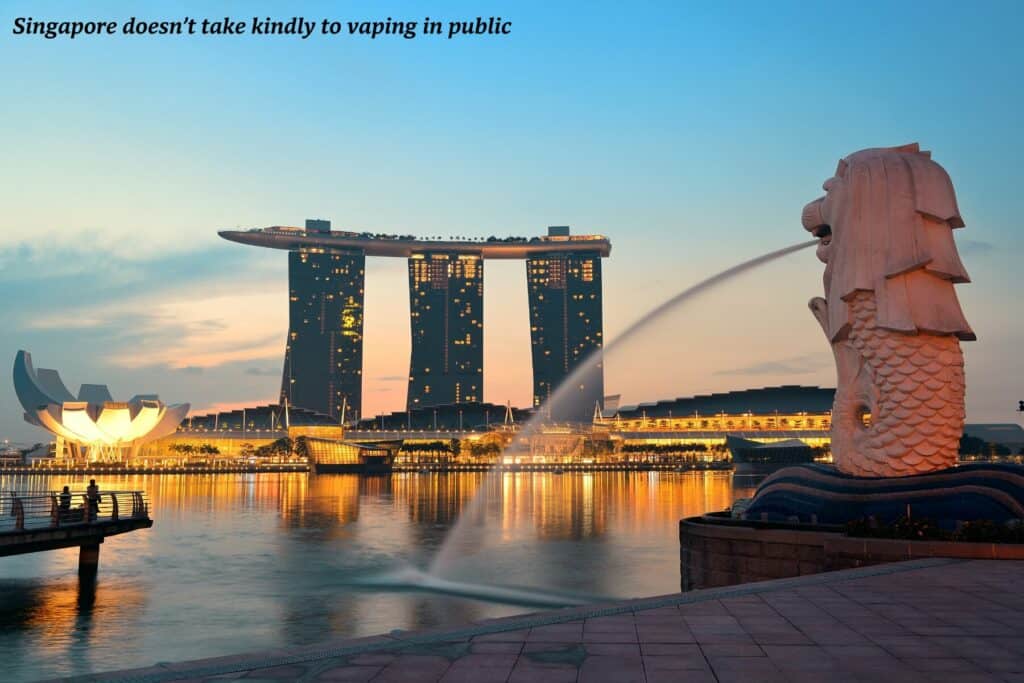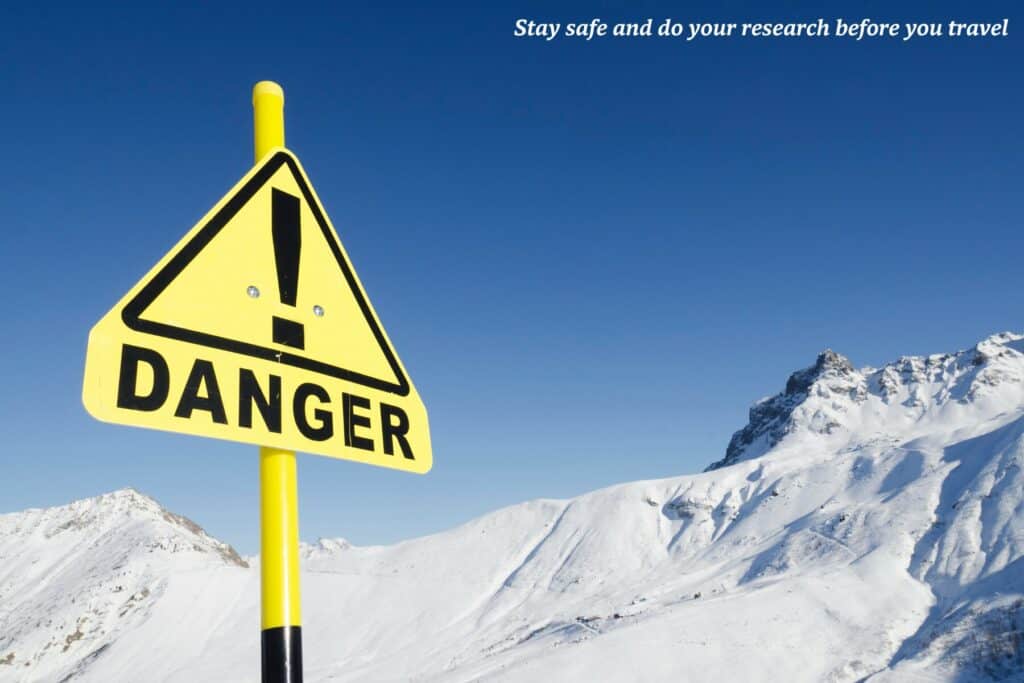If you want your next big trip to go off without a hitch, it pays to do your research first. This guide to unusual travel rules is here to make sure you don’t get caught out.
No matter how similar they look, no two places are ever quite the same; remember that what might be acceptable in one country, doesn’t necessarily apply elsewhere.
It’s important to recognise that local laws, traditions, and customs can change quite quickly, and some cultures might not be too receptive to offensive behaviour from tourists. If you’re not prepared, you could be hit with a hefty fine – or worse!
Here are some of the strangest rules you might encounter in popular tourist hotspots. They range from the wild and zany, to simple errors that every one of us could be guilty of. Let’s get started.
The most unusual travel rules

Avoid loitering in Italy
Tourist hotspots are popular for a reason. Home to great food and incredible sights, these bustling hubs draw visitors in every city. Unfortunately, it’s not always wise to hang around them for too long.
The popular coastal village of Portofino in Italy, for example, is one of many hotspots cracking down on ‘idle tourists.’ In fact, they have introduced a fine of up to $275 for tourists who hang around too long in areas prone to high congestion.
The rule is active between morning and 6 p.m. each day and aims to reduce traffic jams in public spaces. So, if you’re in a tourist area, be mindful of how long you spend there!
Find out more about Italy’s tourist hotspots in our guide to the Via Emilia’s art towns.

Ditch the music when cycling in Europe
With beautiful weather and picturesque scenery, Europe is a haven for many cycling enthusiasts. But before you put your foot on the pedal, make sure you’re not about to break any laws.
In countries like Spain and France, there are strict rules about cycling with music. You are not permitted to ride a bike and wear headphones or earbuds, and those caught doing so risk a hefty fine of up to €200.
These laws are purely for safety reasons. Officials fear that listening to music while cycling can make you unaware of your surroundings or other vehicles on the road.

Watch your language in Australia
If you’re in New South Wales, it’s better to bite your tongue than say something rash. That’s because using offensive language in this part of Australia is considered a criminal offence.
But what exactly is offensive language? While the term is open to interpretation, Australian legal services define it as ‘calculated to wound the feelings’ of a reasonable person.
If you’re found guilty of such a thing, you could face up to $660 in fines or have to partake in some community service work. If in doubt, keep your cool and watch your language before you say something you’ll regret!
Discover more about this well-mannered country in our guide to Australia’s natural wonders.

Be wary of public displays of affection
Travelling with a loved one has become a great way to see the world and spend quality time together, but travellers are reminded to be mindful of public displays of affection. Some countries may have strict laws about what is unacceptable.
Dubai, for example, is a conservative place with clear guidelines about kissing and hugging in public. Ignoring these values can result in fines or legal consequences. If you’re in doubt about a country’s customs, it’s a good idea to visit the country’s embassy or consulate website for advice. Alternatively, check out the GOV.UK travel page for more information.

Consider leaving the vape at home
Vaping is becoming increasingly popular worldwide, and it’s not uncommon for smokers to pack their favourite vaping equipment when travelling. But you need to be careful – you could get into a lot of trouble for bringing them along.
Many countries have taken a strict stance against vaping and laws often define if, where, and when a person can smoke. For example, in Singapore, possession or use of vapes carries a potential fine of $2,000.
In Thailand, vapes have been banned since 2014, and using one can result in a fine or 5-year jail sentence. The lesson here is, if in doubt, leave any smoking paraphernalia at home!

No more selfies in Las Vegas
Taking pictures is one of the best parts of travelling. Not only are you creating memories, but you can also use your favourite snaps to update loved ones back at home. But there are risks to papping that perfect shot on vacation.
Take Las Vegas as an example. A law was recently introduced to reduce the number of tourists taking selfies on famous bridges. If found guilty of ‘causing another person to stop’, you can be fined or spend up to 6 months in jail!

Don’t feed the animals
If you’re exploring a bustling city and spot a hungry bird, cat, or dog, think before you feed. Many towns and cities have laws and rules about feeding local animals. These rules are often to protect the animals from harm or control their numbers.
Take Venice, for example, which has banned feeding pigeons on St. Mark’s Square since 2008. Several other European cities have since adopted the rule, seeing it as a new form of littering.
Safety rules travellers should follow
As interesting as these unusual travel rules are, one thing that isn’t a laughing matter is safety. While abroad, adhering to a few key safety rules can make all the difference to your trip. Here are the ones you need to know.
Stay in touch
Staying connected to family and friends is a crucial part of travelling safely. But how exactly are you supposed to keep in touch when going abroad?
eSIMs are revolutionising the travel industry in a big way. These virtual SIM cards allow you to change which phone network you use through an app. This way, you’ll be able to connect to local networks in any country and enjoy the best connectivity possible.
Best of all, an eSIM can be researched and set up before you travel. Simply download an eSIM app before you leave and choose a suitable package from the provider. Activate it just before your trip, and enjoy guaranteed connectivity throughout your travels.

Research potential dangers before you travel
Another key way to stay safe when travelling abroad is to do your homework before you travel. Be sure to check government websites ahead of your trip as they contain all the updates on major events and safety concerns that might affect your travels.
The Bureau of Consular Affairs has an active list of travel updates that people can use to research potential issues. It also contains embassy information travellers can use to stay safe while visiting.
Ready to go?
One of the best things about travelling is learning about new cultures and traditions, and adhering to local laws and customs plays an important part in this experience. Before you go on your trip, remember to check for common mistakes other tourists might have fallen victim to.
Remember though, observing quirky rules is just one part of keeping safe. Be sure to check government websites for safety updates and potential hazards before you travel, and pack an eSIM with you to stay connected wherever you go.
Happy travels!